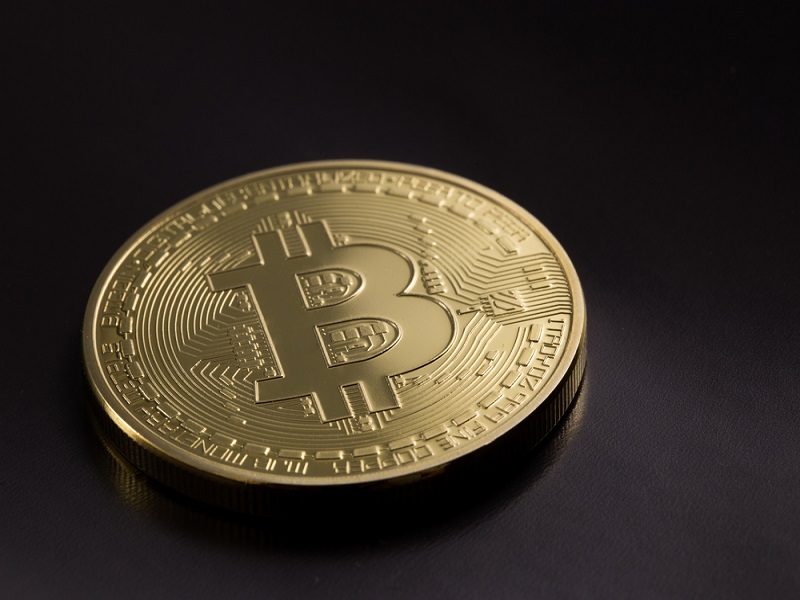There are well over a thousand different cryptocurrencies and tokens currently listed on CoinMarketCap. Most of these coins were inspired by Bitcoin, but all are trying to do something a little different or improve upon it a bit. Ideological differences and catering to different use cases have led to the creation of popular altcoins such as Bitcoin Cash, Litecoin, and Ethereum. But do we really need all these different tokens?
Cryptocurrency in a Fiat World
There is a lot of bad blood between Bitcoin and Bitcoin Cash supporters. Both sides argue that the other currency has no value and that theirs is the “true” Bitcoin. However, when I and others look at the two coins, they seem to be useful for entirely different things. Bitcoin appears to be some sort of new digital gold as a store of wealth and long term speculation, and Bitcoin Cash can act more like a day-to-day currency. However, both sides seem to feel that their coin can do both well, if only the other side would go away or after some technical issues were worked out.
Wanting to be a coin for all purposes is understandable, but this should not be viewed as the ultimate validation of worth. Thinking this way, in my opinion, is a product of being steeped in the fiat world that surrounds us. The mindset seems to be that if the U.S. dollar or any other fiat currency can be both a store of value and tender to pay debts private and public, then surely cryptocurrencies should aim to emulate both those functions as well. In fact, I do not think this is anything really worth envying.
Centralization is largely the reason that USD serves both purposes so effectively. An issuing authority gives the currency value, and a governing body is willing to protect the interests of the issuing authority via FDIC banking insurance. Consumers may possess the currency and can use it in both roles, but the control they have over it is incredibly limited due to its centralized nature. Cryptocurrency is supposed to be about decentralization, and I think that may even apply to the entire ecosystem.
If different coins can satisfy different needs of the market and consumers, while remaining independent from central institutions, then it is healthy that myriad cryptocurrencies participate. A one-coin-fits-all scenario might be just as centralized and prone to corruption as the institutions from which the community attempts to distance itself so dramatically. The prices and market caps of all these various cryptocurrencies are evidence of individuals willing to give them value, and their typical use cases demonstrate how we can utilize different coins for different purposes.
While I realize that I am not the first person to make this point, I think it is important that we continue this discussion and avoid entrenching ourselves in antagonistic efforts against various other cryptocurrencies. While most tokens have viable functionality in most use cases, each does some things better than others. Avoiding centralization may mean having to keep use cases decentralized across many different cryptocurrencies.

